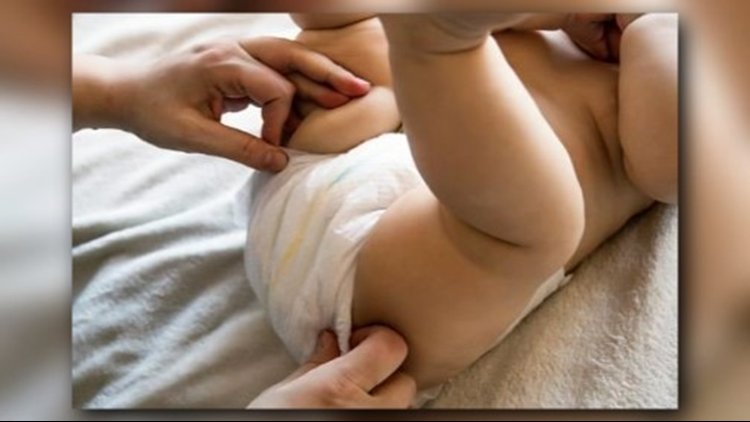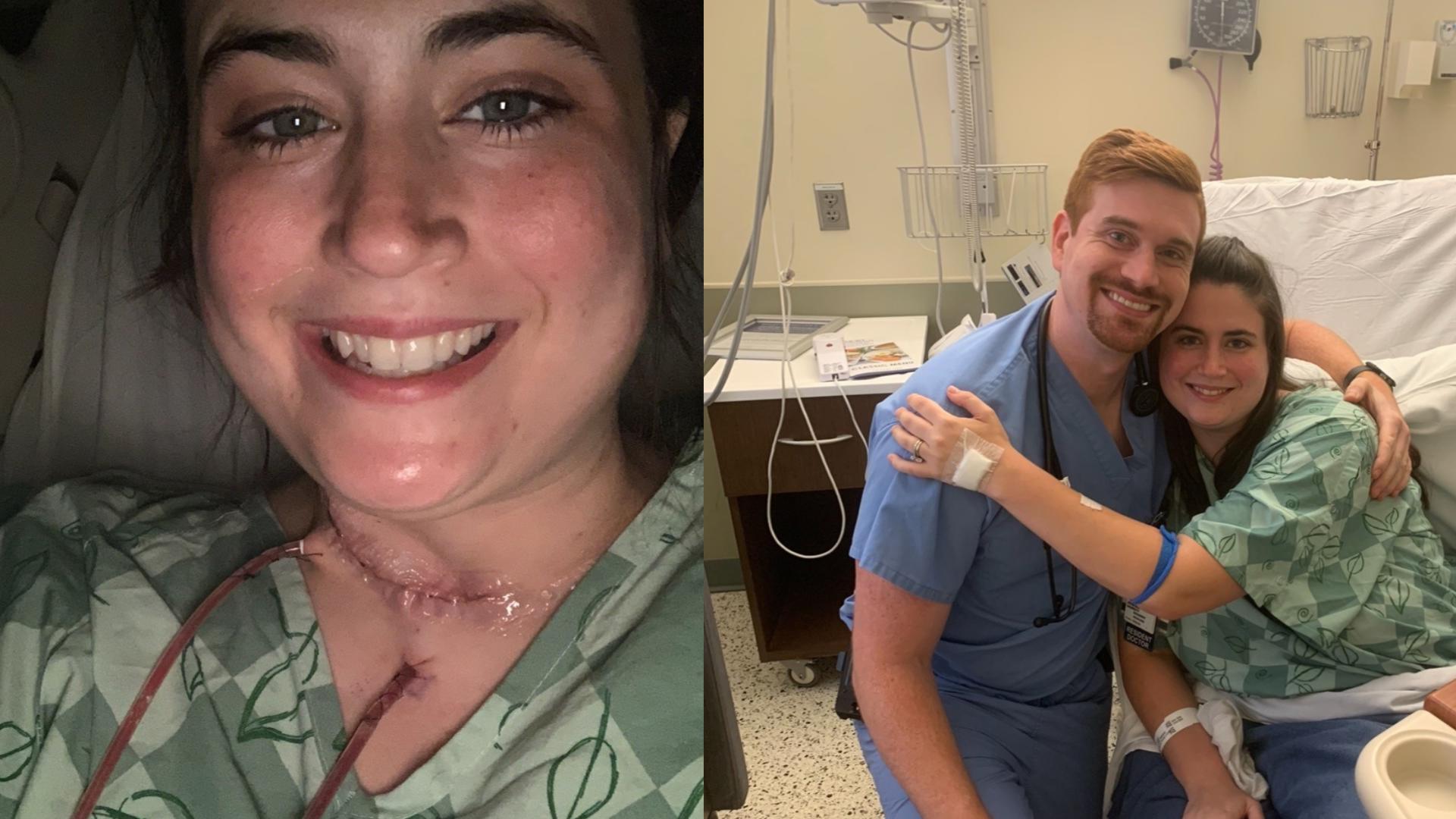WINSTON-SALEM, N.C. (WFMY) -- Most of the time you throw away a dirty diaper without thinking twice about it! But what’s inside that dirty diaper could be a source of beneficial probiotics.
Yes, we’re talking about infant poop. Scientists at Wake Forest School of Medicine have developed a probiotic “cocktail” that’s derived from gut bacteria strains found in infant feces. They have found that the probiotic cocktail could help the body to increase its ability to produce short-chain fatty acids (SCFAs).
“Short-chain fatty acids are a key component of good gut health,” said the study’s lead investigator, Hariom Yadav, Ph.D., assistant professor of molecular medicine at Wake Forest School of Medicine. “People with diabetes, obesity, autoimmune disorders and cancers frequently have fewer short-chain fatty acids. Increasing them may be helpful in maintaining or even restoring a normal gut environment, and hopefully, improving health.”
The School of Medicine team examined the effects of probiotic strains derived from healthy infant poop samples to determine how they worked.
“Babies are usually pretty healthy and clearly do not suffer from age-related diseases, such as diabetes and cancer,” Yadav said. “And, of course, their poop is readily available.”
The team collected and analyzed fecal samples from the diapers of 34 healthy infants. The researchers then selected the 10 best out of the 321 analyzed.
Scientists wanted to know how human-origin probiotics change the gut and the bacteria that live inside the digestive tract. Mice were given a single dose, and five consecutive doses of the probiotic cocktail. Then the researchers injected the same probiotic mixture in the same doses into a human feces medium.
They soon found it enhanced the production of SCFAs in mouse gut and human feces.
“This work provides evidence that these human-origin probiotics could be exploited as biotherapeutic regimens for human diseases associated with gut microbiome imbalance and decreased SCFA production in the gut,” Yadav said. “Our data should be useful for future studies aimed at investigating the influence of probiotics on human microbiome, metabolism and associated diseases.”
However, the study was limited due to the fact it couldn't test the cocktail in any disease models.



